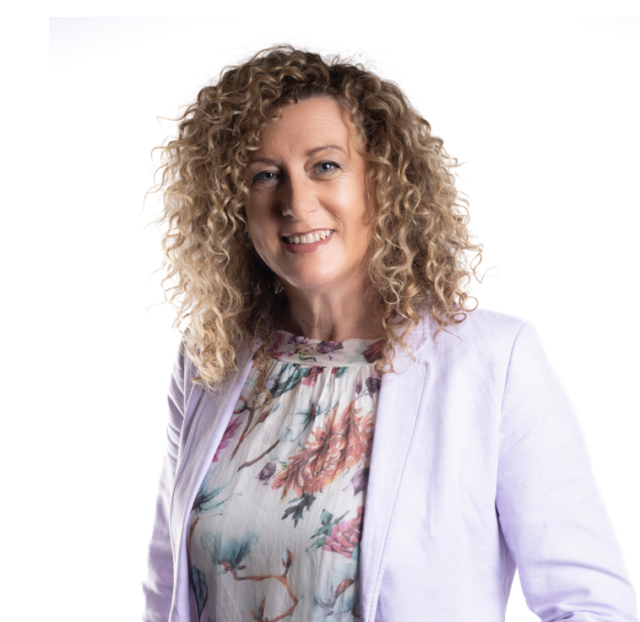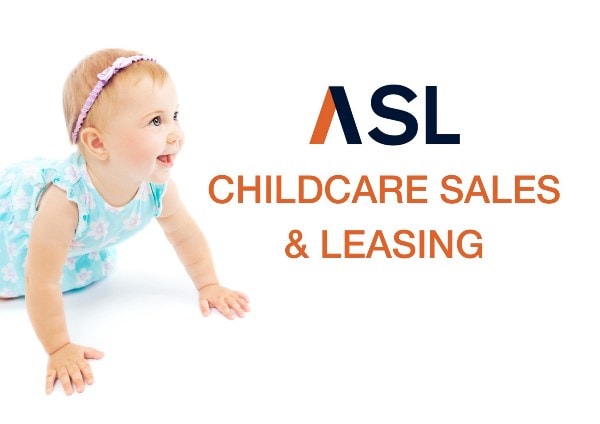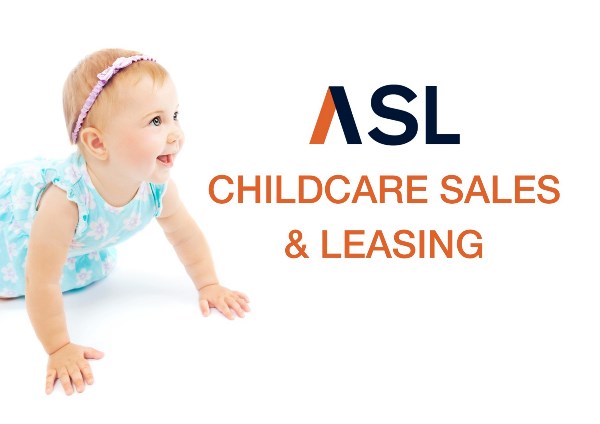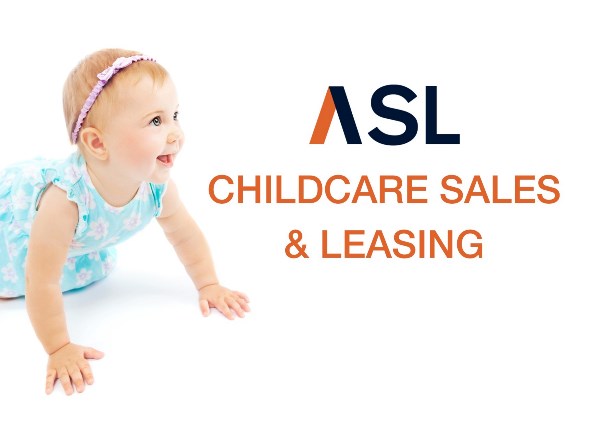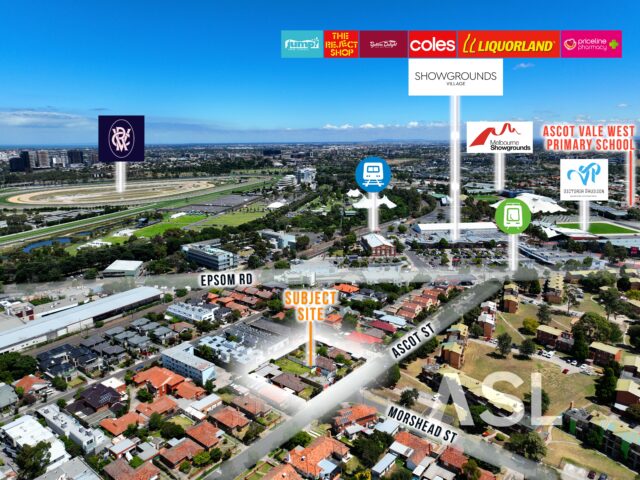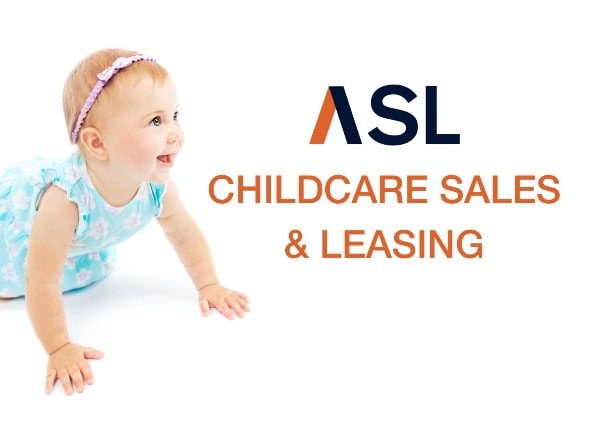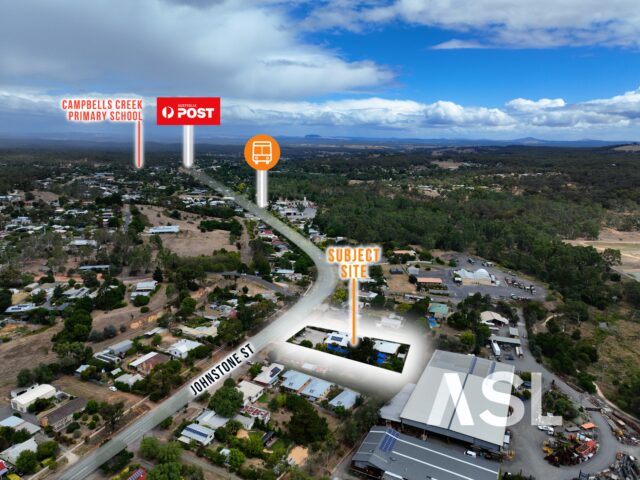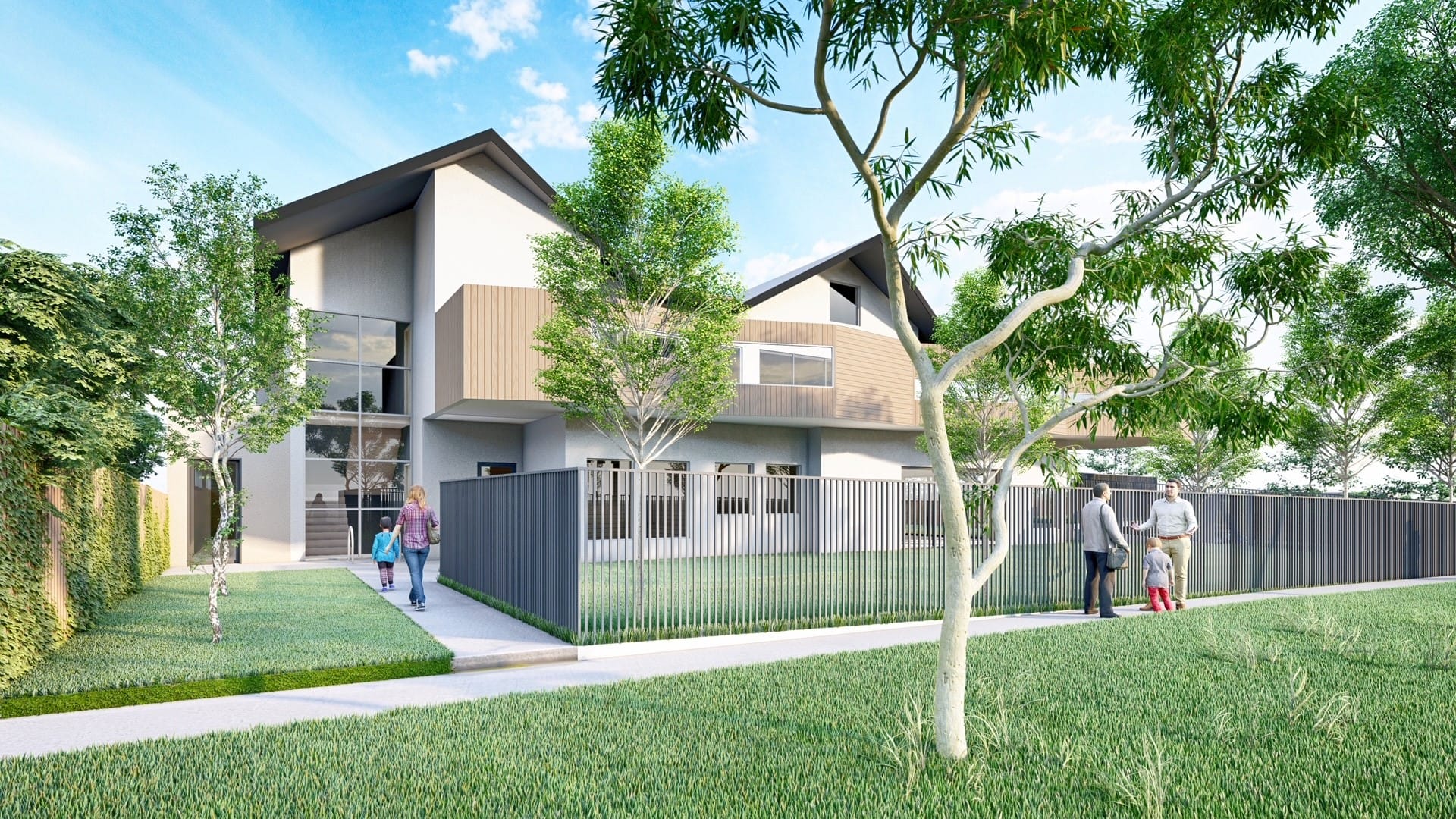
Melbourne's Most Trusted Childcare Sales & Leasing Realtor
Providing childcare freehold sales and leasing, business sales, and project management services across Melbourne and Victoria.
183+ Reviews
Our expert sales team has closed many commercial & residential building sales, achieving exceptional results that we take pride in.
We guide you through the application process to enhance your chances of securing a new centre.
We streamline the business selling process for you, managing all aspects, from marketing, to inspections, to a successful sale.
We offer consultancy services to developers of new childcare centers, ensuring your asset is in good hands.

Specialist Childcare Team
With over 30 years in the child care sector and a dedicated in-house team, we are Melbourne's leading child care agents.
Proven Sales Experts
Our team of childcare experts consistently deliver exceptional results. A successful sale is well and truly within reach.

Industry Connections
We maintain relationships with specialised childcare valuers and have access to expert finance brokers to assist in transactions.
Their attention to detail and dedication to our project were outstanding. I would highly recommend their services to anyone in the childcare industry.
Flora L
Raised in the business
ASL has grown to include an in-house department designed specifically to look after the selling and leasing of childcare centres. All so we can provide assistance to those looking to start a new centre, or offer advice to those considering selling.
Connected to childcare
Our experience in this niche market has resulted in an extensive database of quality buyers, investors and tenants– guaranteeing your property will be met with meaningful interest. All of which means a successful sale is well and truly within reach.

Testimonials
Timely, prompt, informed, honest and straight forward
The team at ASL did an outstanding job in leasing our childcare site. Everything ... was timely, prompt, informed, honest and straight forward. They provided thorough and realistic assessment of the development and guided us through the lease process. … We would highly recommend ... ASL if you have any inquires in relation to the Childcare development, Leasing and Sale. Thank you.
Jing Skipton - Business
Professional, knowledgeable, and incredibly supportive
We had a wonderful experience working with Celestine to secure our first centre. She was professional, knowledgeable, and incredibly supportive throughout the entire process. Celestine guided us every step of the way and made what could have been a stressful experience feel smooth and easy. I highly recommend Celestine to anyone looking for a childcare centre!
Maham Ahmad - Business
Always goes the extra mile
Wendy from ASL is fantastic! She constantly helps my company find the ideal childcare for sale and lease, and she makes the whole process super easy. Wendy always goes the extra mile to get things finalized and really knows her stuff. She's patient, detail-oriented, and a pleasure to work with. If you're looking for childcares or any other properties, I highly recommend Wendy. Thanks so much, Wendy, for all your hard work!
Imran Ameer - Business
Expert Childcare Project Management
ASL Childcare Services can be your strategic agent for any of the following services. Simply choose what you need from us, and let our knowledge of the childcare industry do the rest.
- Site Suitability Analysis
- Purchasing Negotiations
- Lease to Suitable Qualified Tenant
- Stage 1 Project Managment - Lodge Planning Permit, Council Lodgements, Design and Develop of Plans
- Stage 2 Project Management - RFI
- Stage 3 Project Management - Endorsement
- Engagement of Professionals for Building Permits
- Tendoring, Builder Selection and Contract Assistance
- Property Management or Asset Sale

Childcare Team
Ready to serve as your strategic partner, ASL provides a range of services tailored to your needs, backed by over 30 years of experience in the childcare industry. Our team works together to deliver reliable results, ensuring your property attracts the right attention and interest.
FAQ's
-
How does the sale of a childcare business differ from the sale of a traditional commercial property?
The sale of a childcare business in Victoria involves more complexity than a traditional commercial property sale due to strict licensing and regulatory compliance under the Education and Care Services National Law (Victoria). Buyers must verify that the business holds all necessary licences and adheres to regulations regarding staff qualifications, child-to-staff ratios, and safety standards, while sellers should provide evidence of compliance with safety standards and staffing requirements.
The valuation of a childcare business includes operational performance and enrolment figures. Due diligence is essential, focusing on financials, contracts, and compliance, with both parties needing transparency to ensure a smooth transaction.
-
Who can own a childcare business?
In Victoria, anyone can own a childcare business, including individuals, partnerships, corporations, not-for-profits, and community organisations. However, owning a childcare business does not automatically grant the right to operate one. To legally run an early childhood education and care service, the business owner (or an entity they appoint) must hold the necessary regulatory approvals, which are Provider Approval and Service Approval.
To be granted Provider Approval, applicants must:
Have no serious criminal convictions related to children’s welfare, fraud, or dishonesty, demonstrate financial viability and capability to operate a childcare business, dhow understanding of the National Quality Framework (NQF) and legal responsibilities, and be free from previous service approval cancellations or regulatory bans.
For companies or partnerships, all key individuals (e.g., directors, board members) must meet these requirements.
A person or entity can own a childcare business without personally holding Provider Approval. In such cases, they must appoint an Approved Provider (who holds Provider Approval) to manage operations. The owner, however, remains financially responsible for the business.
Certain individuals may be restricted from owning a childcare business, including:
- Those who have had a Provider or Service Approval cancelled.
- Individuals or entities declared unsuitable by the regulatory authority.
- Persons with relevant disqualifying criminal convictions.
-
What are the benefits and challenges of owning childcare property versus leasing?
Owning a childcare property can be a great long-term investment, offering the potential to build equity and generate rental income while providing business stability. Owners also have greater control over property modifications, ensuring compliance with childcare regulations and operational needs. However, ownership comes with challenges, including high upfront costs, financing requirements, and the responsibility for maintenance, repairs, and regulatory compliance.
Leasing, on the other hand, offers flexibility and lower upfront costs, making it an attractive option for operators who want to invest capital in business growth rather than property. Lease agreements often place the responsibility for major structural repairs on the landlord, reducing financial risk for the tenant. However, leasing means operators do not benefit from property appreciation, and they may face rent increases or limitations imposed by lease terms. The decision between owning and leasing depends on financial goals, business strategy, and long-term plans.
-
Is government funding available for childcare businesses?
The Australian Government provides various funding programs and subsidies to support childcare businesses. The Child Care Subsidy (CCS) is the primary form of assistance, helping families afford childcare while ensuring steady income for approved providers. To receive CCS payments, childcare businesses must meet National Quality Framework (NQF) standards and be registered as an approved provider with Services Australia.
In addition to CCS, the Community Child Care Fund (CCCF) offers grants to childcare providers, particularly those in disadvantaged, rural, or remote areas. These grants help improve service quality, increase access to childcare, and support the sustainability of services in high-need communities.
State governments may also offer financial incentives, including payroll tax exemptions for not-for-profit childcare providers and grants for infrastructure upgrades or workforce development. Additionally, the Business Improvement Fund for Childcare Services has previously been available to assist struggling providers in improving their financial viability.
Because funding programs and eligibility criteria can change, it’s important for childcare operators to stay informed through government websites or seek advice from industry professionals to maximise available support.
-
What licences and approvals do I need?
Before purchasing a childcare centre business, you must obtain a Provider Approval. Once under contract, the sale will be subject to a Service Approval Transfer. Even if you have a Provider Approval, the regulator in your state will reassess your suitability during the Service Approval Transfer process.
You cannot apply for a Service Approval Transfer without first securing a Provider Approval. Even with all required documents, obtaining Provider Approval can take 60 days or longer, and approval does not guarantee the subsequent Service Approval Transfer.
In some cases, regulators have required Provider Approval holders to undergo written or verbal tests on childcare regulations before approving the transfer. This has been increasingly common in New South Wales and Victoria. In Queensland, applicants are typically called for a verbal interview or test, and it is likely other states may follow suit.
We recommend anybody seriously interested in acquiring a childcare centre who does not have a Provider Approval should make an application. The approval is valid for two years.
-
What is an Approved Provider, and what do they do?
An Approved Provider (AP) is the only entity authorised to operate preschool or long daycare services. This can be an individual, a corporate body, an eligible association, a partnership, or an organisation such as a local council or church.
To operate a childcare service, an Approved Provider must hold a Provider Approval granted under the Children (Education and Care Services) National Law. This approval confirms that the provider meets legal and regulatory obligations.
Approved Providers must ensure their childcare service remains compliant with all regulations. This includes maintaining proper documentation and overseeing operational standards to meet legal requirements.
-
What should I look for when buying a childcare investment property?
When purchasing a childcare investment property, several key factors should be carefully assessed to ensure long-term viability. The strength of the tenant and lease terms is crucial, as well-established operators with long-term leases provide stability and reliable rental income. Location is also a significant consideration—properties in high-demand areas near schools, residential neighbourhoods, and transport links tend to attract more families and sustain high occupancy rates.
The physical condition and compliance of the property must be evaluated to ensure it meets childcare regulatory standards, including safety, space, and accessibility requirements. Investors should also analyse market rental rates and yield potential to ensure a strong return on investment. Additionally, future growth potential should be considered, including demographic trends and government policies on childcare funding. Engaging a childcare real estate specialist can help investors assess risks and identify the best opportunities in the market.
-
Why is specialised property management important for childcare centres?
Managing a childcare property requires industry-specific expertise due to strict regulatory, safety, and operational requirements. A specialised property manager plays a critical role in ensuring compliance with childcare laws and maintaining a safe environment for children and staff. They also manage lease agreements to protect the landlord’s investment while ensuring the long-term sustainability of the childcare service.
Beyond compliance, childcare property managers oversee maintenance, repairs, and safety checks, all of which are essential for running a high-quality service. They also understand the financial and operational dynamics of the sector, including rent structuring, government funding impacts, and regulatory changes that may affect the business.
Having an experienced property manager like our expert team at ASL can help investors and operators avoid costly mistakes and ensure the centre operates smoothly.
-
What is a typical lease term for a childcare centre?
Childcare centre leases are typically structured as long-term agreements to reflect the stability and essential nature of the industry. A standard lease term ranges from 10 to 15 years, with some high-value locations securing initial leases of 20 years or more. Many leases also include options to renew for additional terms of 5 to 10 years, providing further long-term security for both landlords and tenants.
Rental increases are usually built into the lease agreement, either as fixed annual increases (commonly 3-4%) or indexed to the Consumer Price Index (CPI). The long-term nature of childcare leases, combined with strong demand for childcare services, makes these properties an attractive investment option.
-
What documents do I need to provide when selling my childcare business?
Selling a childcare business requires thorough documentation to ensure a smooth transaction and to attract serious buyers. Financial statements, including profit and loss reports, tax returns, and cash flow summaries, are essential for demonstrating the business’s profitability and viability. If the business is operating from a leased property, a copy of the lease agreement, including details of the remaining lease term and rental conditions, must be provided.
Regulatory approvals are also necessary, including the Provider Approval and Service Approval, which confirm that the business complies with national education and care standards. Enrolment records and staffing details help potential buyers assess the business’s operational strength, while a business operations manual outlining policies, procedures, and compliance frameworks can add further value. Additionally, a full asset list, including furniture, equipment, and learning resources, should be prepared. Having these documents organised in advance can expedite the sales process and improve buyer confidence.

